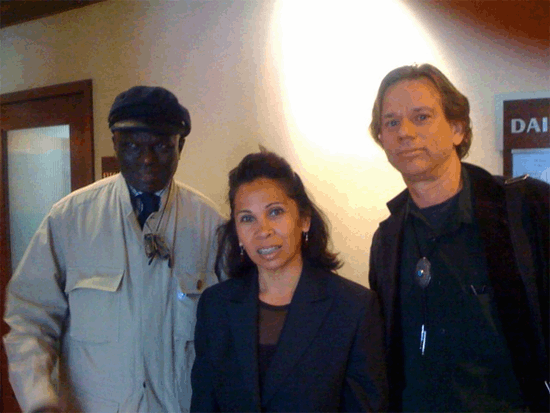Both the UN and Inter-American Human Rights Systems use special procedures to address specific human rights concerns. The appointment of a Special Rapporteur is the most common special procedure used in both systems. In the UN system, the Human Rights Council appoints Special Rapporteurs to collect information on specific topics or countries and receive communications about human rights concerns. Special Rapporteurs are mandated to gather information on and formulate recommendations for the prevention and remedy of violations on human rights. Three UN Special Rapporteurs deal directly with violence against Native women:
* Special Rapporteur on Contemporary Forms of Racism, Racial Discrimination, Xenophobia
and Related Intolerance
* Special Rapporteur on Violence Against Women, its Causes and Consequences
* Special Rapporteur on the Situation of Human Rights and Fundamental Freedoms of
Indigenous Peoples
Special Rapporteurs play a similar role in the Inter-American Human Rights System, where they are appointed by and report to the Inter-American Commission on Human Rights. The Inter-American System also has Special Rapporteurs on the Rights of Women and the Rights of Indigenous Peoples.
Special Rapporteurs can be educated about the epidemic of violence against Native women in the United States and report on this issue to the Human Rights Council and the Inter-American Commission.
Advocates Educate UN Special Rapporteur on Racism about Violence Against Native Women

During his visit to the United States in May 2008, Jacqueline Agtuca of Clan Star, Inc., led a delegation of experts to meet with and inform the UN Special Rapporteur on Contemporary Forms of Racism about how the current jurisdictional scheme in the United States, which greatly limits tribal criminal jurisdiction, discriminates against and leaves Native women vulnerable to sexual and domestic violence. Below is the background paper presented by the delegation to the Special Rapporteur on behalf of Clan Star, Inc., the NCAI Task Force on Violence Against Native Women, the Tribal Law and Policy Institute, and the Indian Law Resource Center.
Read the background paper submitted to the Special Rapporteur on Racism.
For more information, see here.
Special Rapporteur on the Rights of Women Investigates Missing Women in Mexico
In February 2002, the Special Rapporteur on the Rights of Women in the Inter-American System responded to requests from non-governmental organizations and citizens in Mexico to visit Juarez and investigate the killing of 268 women there. After the investigation, the Special Rapporteur issued a report on the murdered women and the failure of the state of Mexico to respond to the murders to the Inter-American Commission on Human Rights. The country visit and report raised awareness of the situation in Juarez and pressured local, state, and federal police to investigate these murders. After the Special Rapporteur issued her report, some of the families of the murdered and missing women filed cases in the Inter-American Commission on Human Rights, allegedly that Mexico had violated their human rights by not investigating the murders.
Read the Special Rapporteur’s report on missing women in Ciudad Juarez.